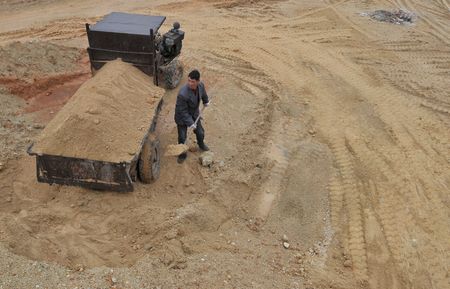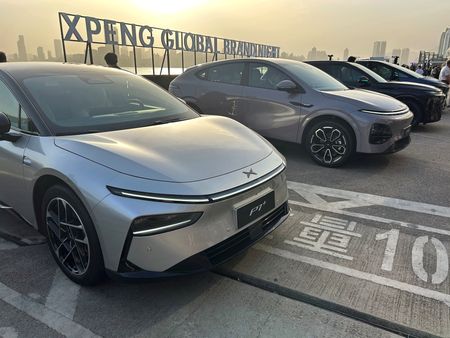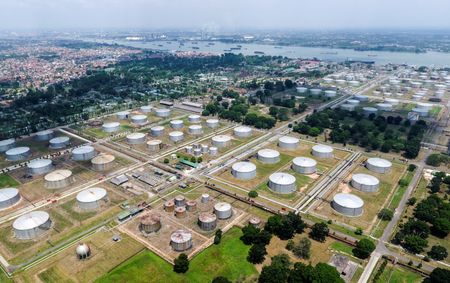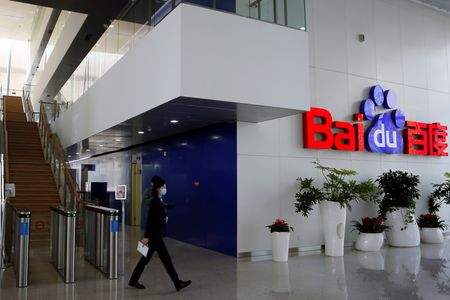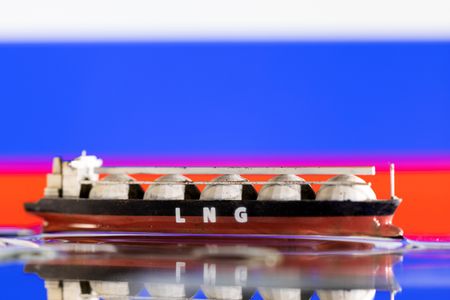By Forrest Crellin
PARIS (Reuters) – Critical mineral markets are at risk of painful disruptions after becoming more concentrated, particularly in refining and processing, and with the spread of export restrictions, the IEA said in a report on Wednesday.
The use of critical minerals has spiked in recent years sparked by energy transition projects such as electric vehicles, battery storage, renewables and grid networks, while the industry has consolidated to a few major players.
“Even in a well-supplied market, critical mineral supply chains can be highly vulnerable to supply shocks, be they from extreme weather, a technical failure or trade disruptions,” said IEA Executive Director Fatih Birol.
“The impact of a supply shock can be far-reaching, bringing higher prices for consumers and reducing industrial competitiveness,” he said.
The average share of the top three refined material suppliers is projected to decline only marginally by 2035 to 82%, effectively returning to the concentration levels seen in 2020, the IEA said.
China, the dominant force in the industry, is expected to continue to grow its refining capabilities at a faster pace than the rest of the world to 2035, and has also added two-thirds of global battery recycling capacity growth since 2020.
This high concentration increases the global market’s supply shock risk, especially with the expanding number of export control measures on critical minerals, the IEA said.
Similar trends are expected in the mining sector, with lower diversification expected for copper, nickel and cobalt, while concentration is expected to ease with the mining of lithium, graphite and rare earths.
For copper, the current mine project pipeline points to a potential 30% supply shortfall by 2035 due to declining ore grades, rising capital costs, limited resource discoveries and long lead times, the IEA said.
Lithium’s rapidly growing demand as an integral part of the energy transition is expected to push the market into deficit by the 2030s, but the prospects for developing new lithium projects are much more favourable than for copper, it said.
(Reporting by Forrest Crellin; editing by David Evans)

